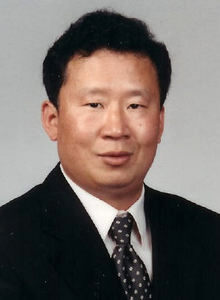 |
In Korean trials, there is never a need for lawyers to stay ’one step ahead’ in logical and legal principles. Lawyers are predictable. In extreme instances, some of them have been known to have someone else draft their court documents for them. Court dates frequently get postponed because lawyers have something "more important" going on, and with actual trial sessions taking place in intervals of a month or two trials essentially become "written" rather than live events. It is therefore inevitable that lawyers with personal connections are the ones who are the most "effective." Sometimes highly connected men with the right connections look more capable than real lawyers, and are sometimes even preferred when it comes to getting the right results. However, the problems with courts and their judges are just as serious. "Judicial independence" has meant that no one really knows what goes on behind closed doors. Granted, during Korea’s dictatorships, independence from political elements did mean something, but the situation is different now that we live in times of democracy. The closed-room judiciary system has been abused, in cases ranging from double standards applied to the issuance of arrest warrants to the favored treatment of judges’ wives versus prosecutors’ wives when warrants are requested to scan their financial records for any wrongdoing. In proper democracies like the United States, the legal system is based on a fundamental and thorough distrust of state authority, and that is why judges are chosen through elections and people are tried by juries. In Korea, the courts say they are reforming, but they want to implement a system that merely makes it seem like a jury is involved. The general population will instead be supporting actors, and the judges will remain the main show. If the courts say to the people, "Only we know the law, so step aside," will not the people say in return, "This is our country, so who are you to judge us?" The chief justice needs to compare Korea’s judiciary to the feudal, aristocratic system that was the first target of the French Revolution. They are the same; not in severity, but in the sense that their effectiveness is disregarded by the populace. The actual authority to try citizens needs to be returned to the people, in order to bring democracy to the judicial branch and give sovereignty to the people.





